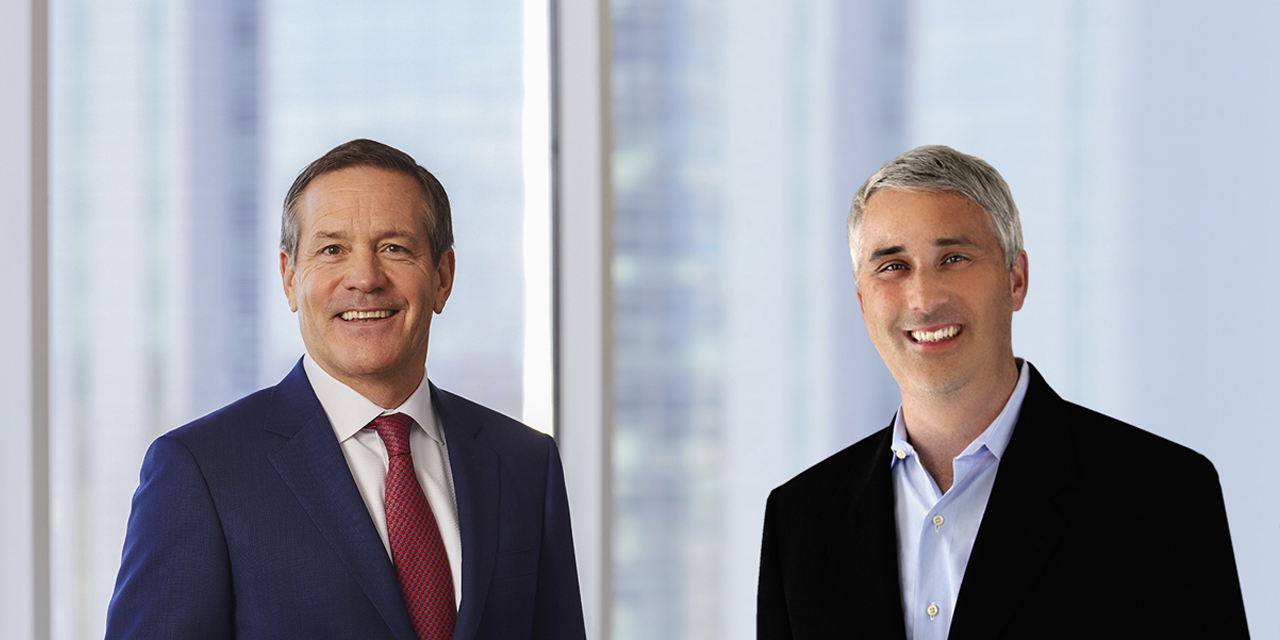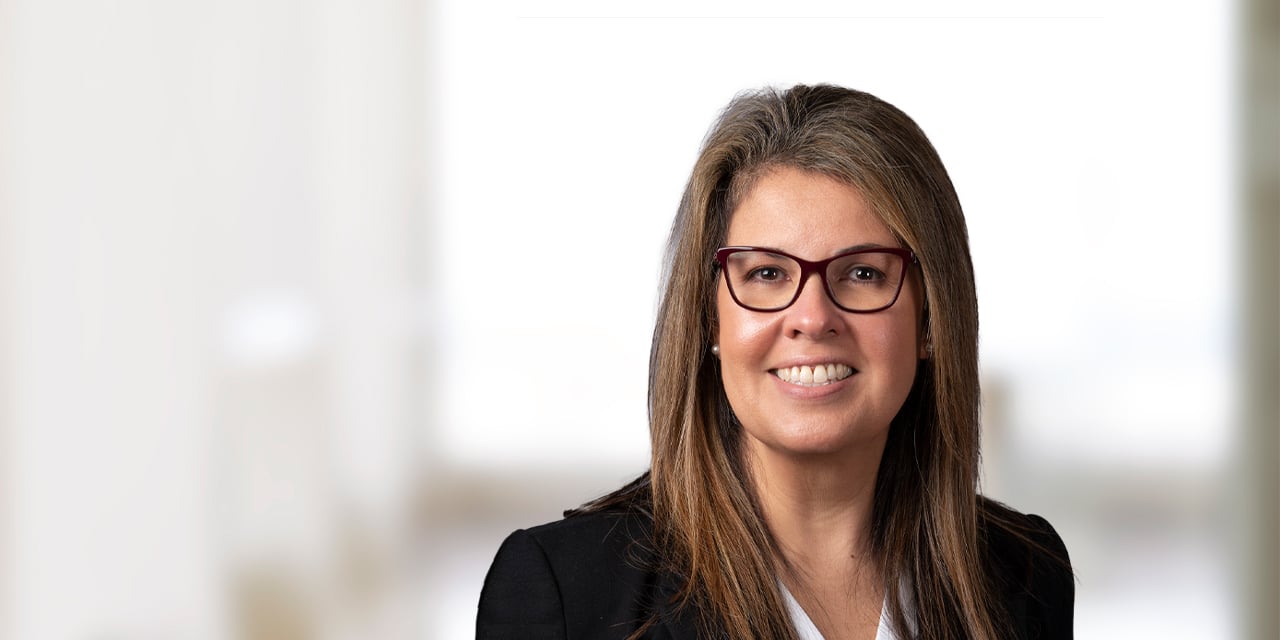
"Are We Going to Be Okay?"
Mike Antonelli is a Market Strategist for Baird’s Private Wealth Management business and the author of the Bull and Baird blog. John Taft is a Vice Chairman of Baird and author of the blog Finance for the Greater Good. Recently they sat down to share insights and discuss the most important question they get from Baird’s clients.
Mike:
There’s something I’ve been thinking about lately, and I wanted to get your take on it. I’ve spent the past few years speaking to people about markets, behavior and how our advisors can help investors navigate volatility. I thoroughly enjoy interacting with clients because demystifying the stock market for regular people is a passion of mine. And after every event there’s a handful of questions they typically ask, like: “What should I do in a market selloff?” or “Are robots going to take all our jobs?” But in the quiet moments after the room empties, I’ll be talking to one of our advisors and sometimes a couple will walk up, hand in hand, and ask what I think is the most important question of all… “Are we going to be okay?”
It’s an ethereal question but goes to the heart of what our clients constantly worry about. I’ll tell you, John, as a strategist it’s easy to get bogged down in the minutiae of macroeconomics or stock markets. We can try to show our clients how their plan will work with numbers and charts but, in the end, that couple simply wants to know the answer to that question – how partnering with us can provide contentment in their lives. So, I wonder, what do you think about this pretty common concern and how do we, as an industry, approach solving it?
John:
One of the major, positive changes we’ve seen in wealth management over the past several decades is we’ve stopped just trying to sell products and started focusing on delivering outcomes. We talk today about helping clients achieve their life goals. But one of the areas where we need to do better is helping clients define those goals in terms of their emotional value. It’s one thing to say: “I want to generate $50,000 a year in income until age 85.” It’s another to say: “I want to feel contented. I want to feel secure. I want to live in abundance.” The emotions of wealth management are our next frontier.
Mike:
I don’t know if you’ve read it yet, John, but Brian Portnoy wrote a book titled The Geometry of Wealth, and in it he talks about “funded contentment” and about how being “rich” is different from being “wealthy” (rich being an unsatisfying accumulation of more, and wealthy being a state of mind). What you’re saying is, going forward, our mission has to be helping clients find what makes them content, whether it be charitable giving or spending time with their family and friends or having soul-nourishing life experiences, and then creating durable plans to achieve those emotional states. I’ll admit that in my youth I spent endless dollars chasing things hoping it would make me “happy.” I thought a nice pair of shoes or an expensive watch would bring me joy, only to find an hour spent with my family hiking in Door County meant more than a million Panerais ever could.
John:
Exactly. Since you’re handing out reading recommendations, Mike, I’ll give you a few. The first is a book by the legendary Jack Bogle, founder of Vanguard and inventor of the index fund, titled Enough. The second is an article I wrote for Inc.com, “How to Live an Abundant Life,” which in turn references Brad Hewitt’s book Your New Money Mindset. These all address the question, “How can you achieve a ‘surplus mindset?’” The answer, as it turns out, has nothing to do with money. It has to do with overcoming consumerism, perhaps the most pervasive disease of the 21st century, whose chief symptom is “our desire to acquire more for ourselves when we already have enough…our obsession with money and all it can buy.” This suggests the biggest contribution our industry – and our wealth management advisors – can make to a better world is to help our clients achieve a state of what your author called “funded contentment.” It’s possible that the most valuable product our advisors offer is peace of mind.
Mike:
Thanks, John. I have to say it’s inspiring to hear someone who’s been in the wealth management business as long as you have talking about our clients’ peace of mind and contentment being primary focuses going forward. As this business continues to evolve, I’m confident Baird will be at the cutting edge of behavioral finance and will help us create more personal relationships with the clients who entrust their financial well-being to us. When I sit with our advisors we talk about this very thing – how we need to be more than just “wealth managers” – and I can’t think of anything more important than being able to help our clients answer that fundamental question: “Are we going to be okay?”


